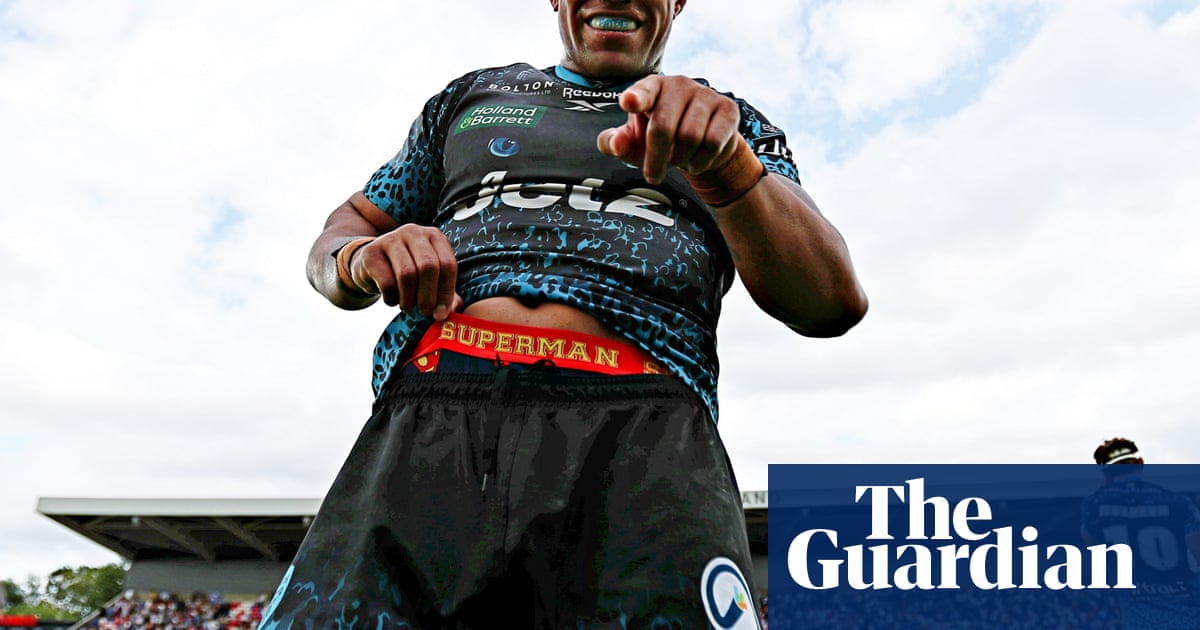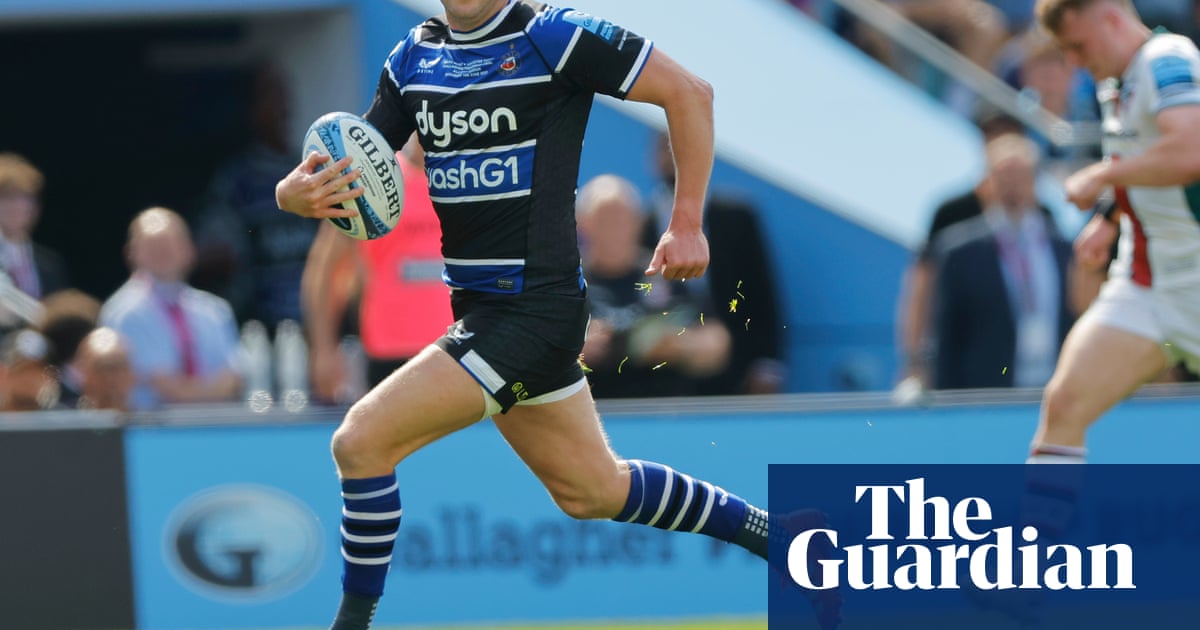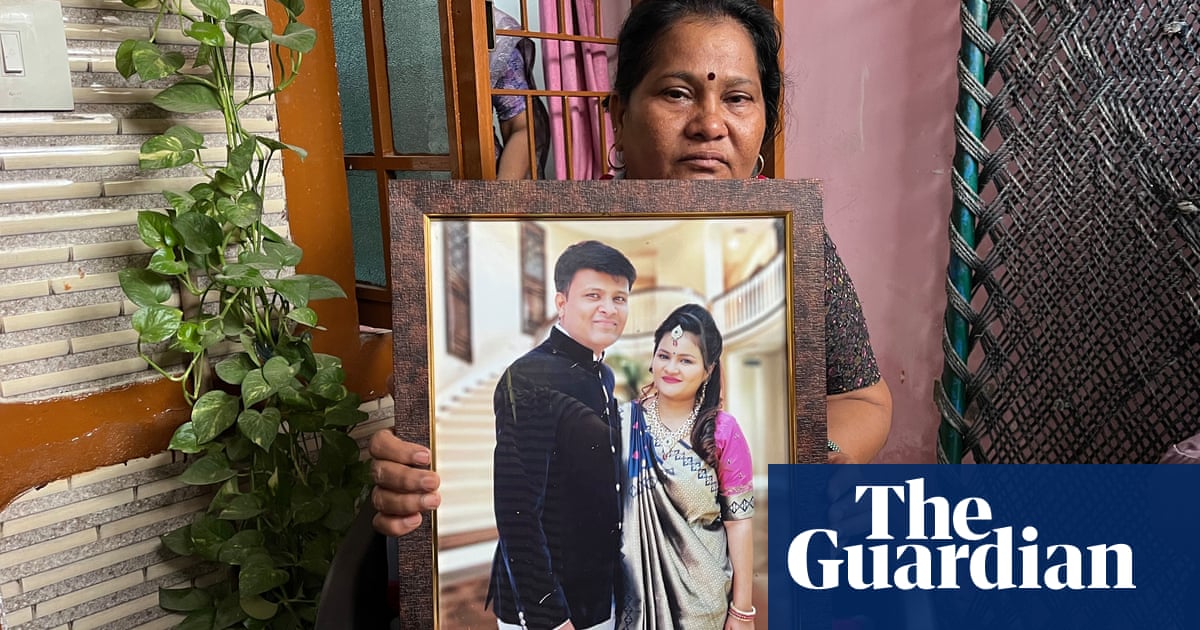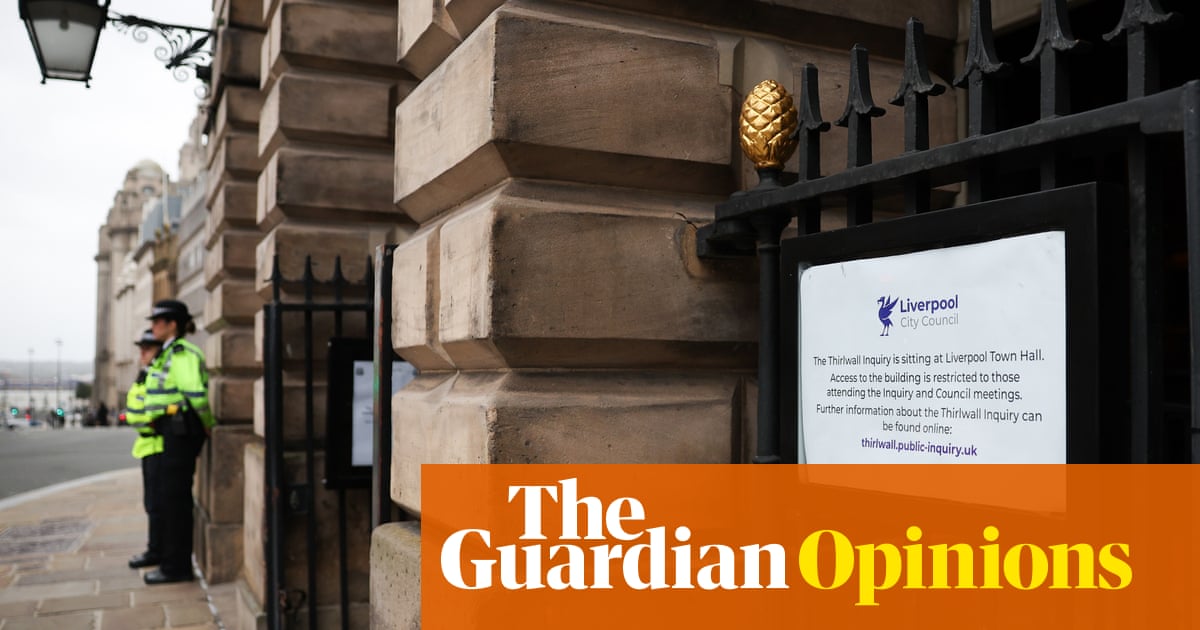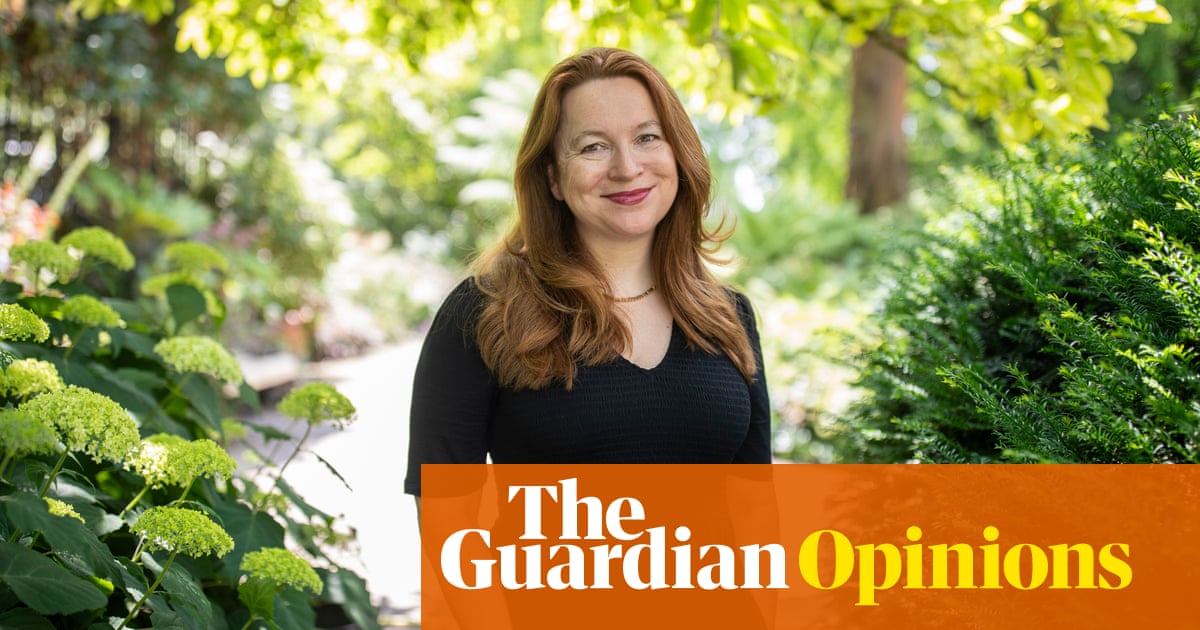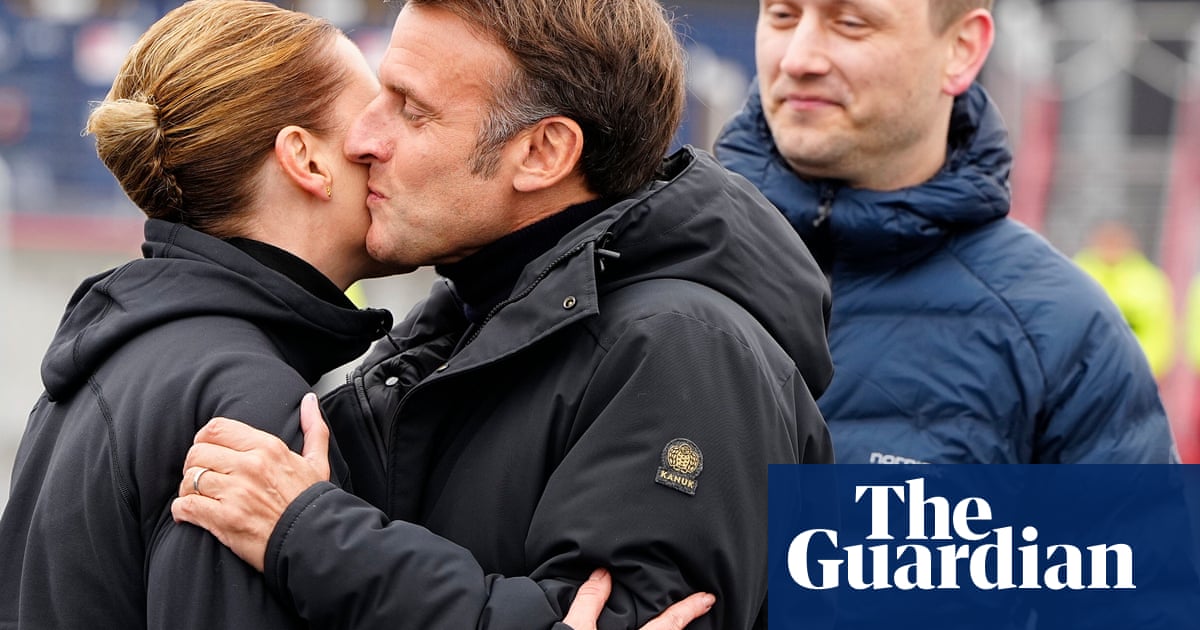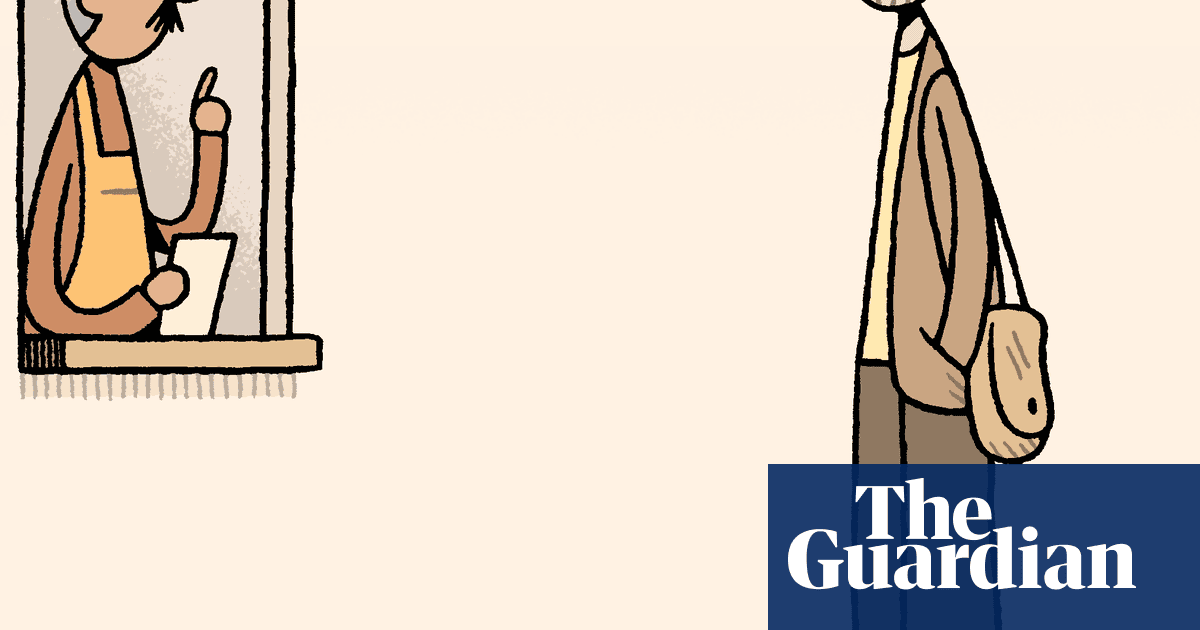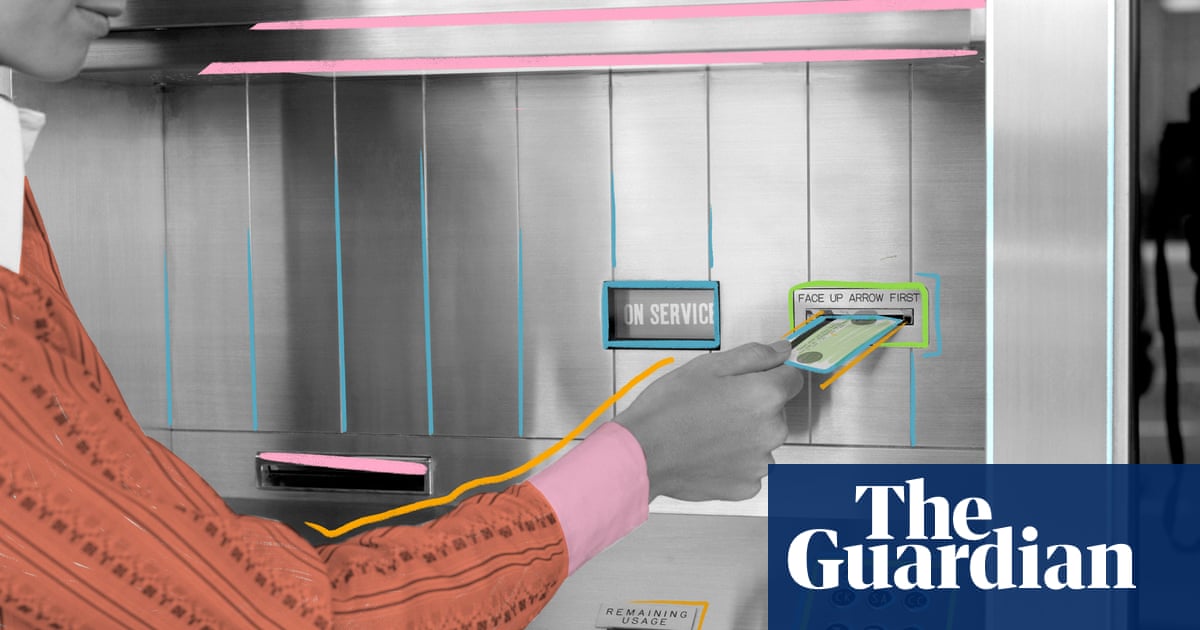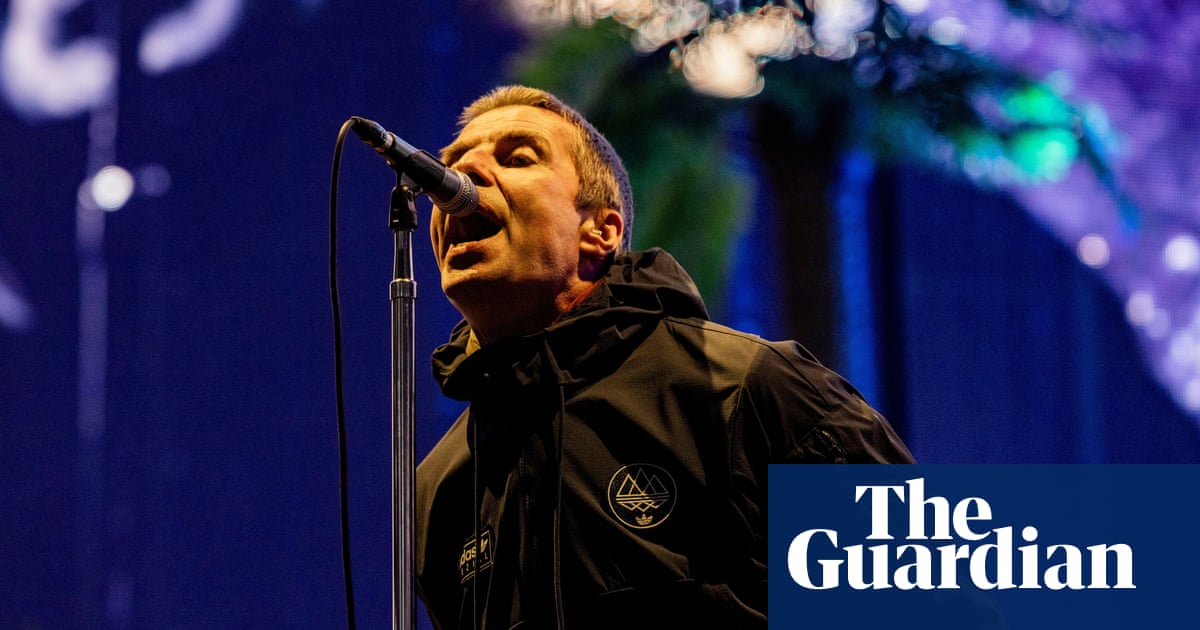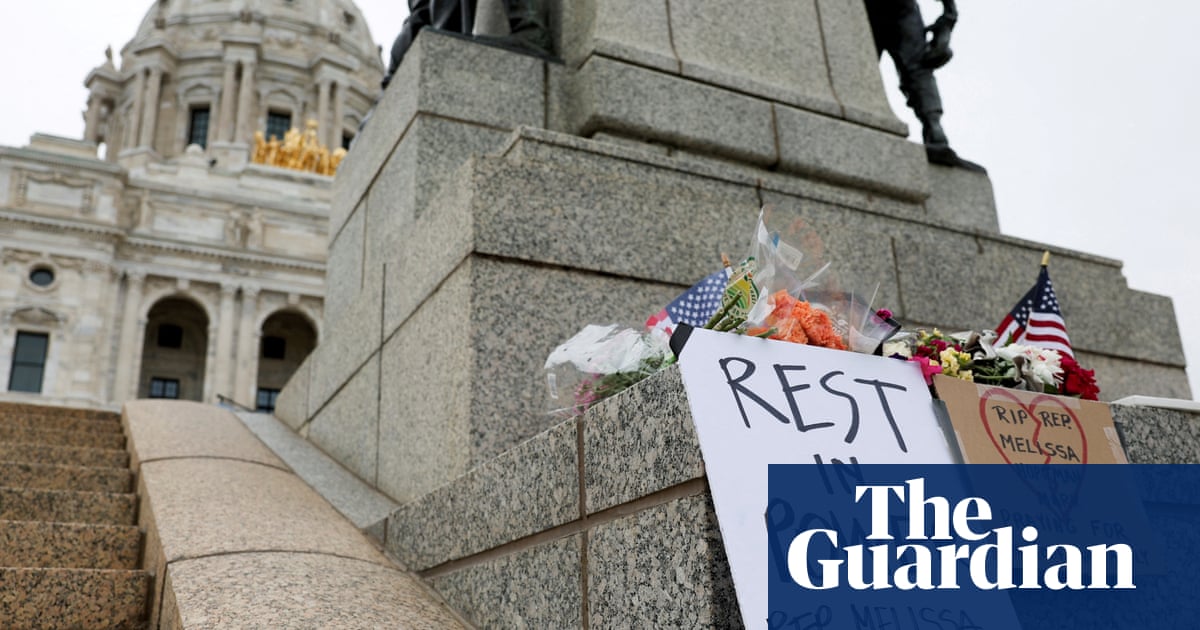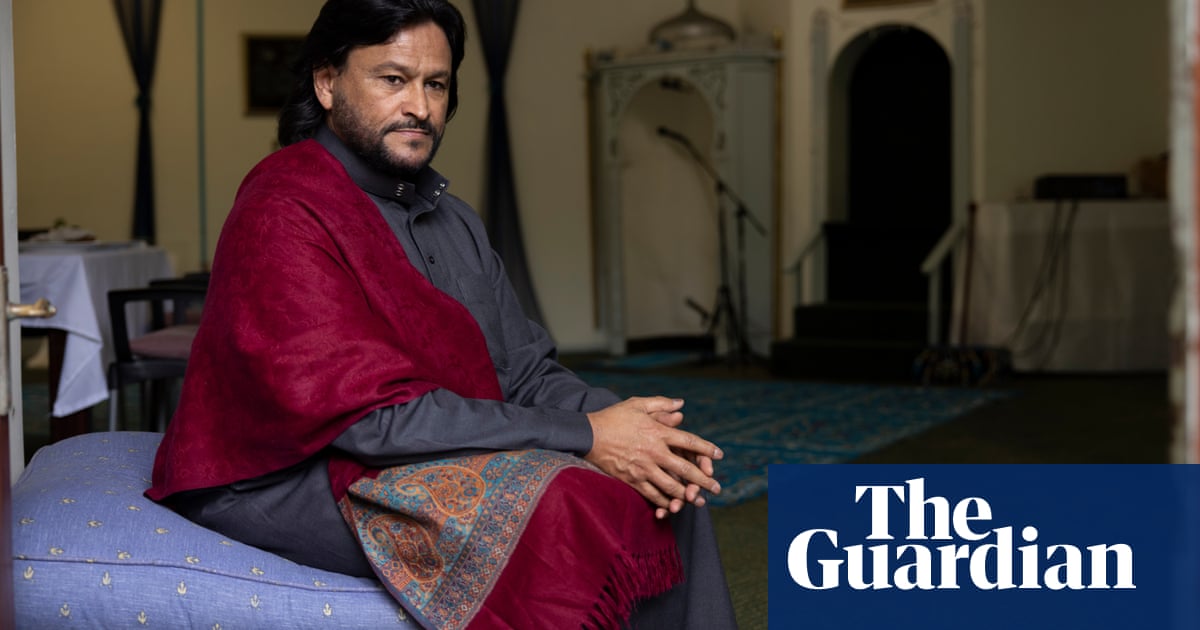Few writers take criticism well, fewer actively court it. Kat Sadler, however, has an insatiable appetite for negative feedback. When crafting her BBC sitcom Such Brave Girls, the 31-year-old frequently runs the scripts past her younger sister and co-star Lizzie Davidson – but she isn’t looking for praise. Instead, “she wants you to tear it to pieces”, says Davidson. “She loves it.”
“I get off on it,” confirms Sadler, with matter-of-fact melancholy.
“You’re like: yeah, yeah, yeah,” says Davidson, mimicking her sister’s dismissive response to compliments. “Now tell me what you didn’t like about it.”
Unfortunately, Sadler’s masochistic streak isn’t getting much gratification at the moment: where Such Brave Girls is concerned, complaints have been very thin on the ground. The first series of this vicious and relentlessly outrageous BBC sitcom – in which Sadler and Davidson play Josie and Billie, a pair of desperate, delusional, self-obsessed sisters tiptoeing around their perpetually furious mother – was met with a unanimously enthusiastic response from critics when it aired in the winter of 2023: a slew of award nominations followed; soon after, it won the Bafta for best scripted comedy.
This was an exceptional achievement for two reasons. First, because the pair’s success seemed to come out of nowhere. Sadler had been a joke writer for hire on TV comedy entertainment shows (Mel Giedroyc: Unforgivable; Joe Lycett’s Got Your Back), while Davidson was an aspiring actor marooned in interactive children’s entertainment (a particular grim job at a Shrek-themed show attracted bratty kids who seemed to enjoy insulting the cast). Second, because Such Brave Girls was a product of extreme low points in both their lives: during lockdown, the sisters had a phone call in which Davidson confessed she had accrued £20k of debt and Sadler revealed she had been sectioned after trying to end her life twice.
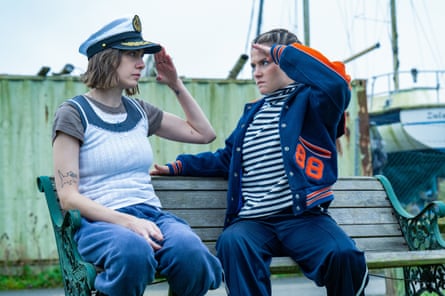
Miraculously, the pair managed to see the funny side, and decided to channel their collective misery into a sitcom – keeping Sadler’s mental health issues for Josie, but transferring Davidson’s debt to their fictional mother, Deb. The result is a remorselessly hilarious show about depression, anxiety, sexuality, abandonment, dysfunctional relationships and poverty that never gets close to worthy, earnest dramedy; something you could probably predict from the very first episode, in which Deb orders Josie – who has been experiencing low moods and panic attacks – to cheer up as her “haunting presence” is negatively affecting Deb’s new boyfriend’s libido.
I first spoke to the pair a couple of weeks before series one aired. At that point, the sisters (who have different surnames as Sadler is a stage name) were giddy with nerves, grappling with the surreal prospect of their semi-autobiographical sitcom being broadcast to the nation; each day Davidson would refresh the TV planner in the hope of glimpsing it in the schedules. We meet again in December 2024, on the set of series two. Since the show’s rapturous reception and Bafta win – an invitation to the British comedy firmament if ever there was one (past winners have included The Office, Peep Show, The Thick of It and Derry Girls) – I assume their lives have been transformed into a whirlwind of showbiz thrills. Have they?
“I wish they had,” says Sadler, eating lunch in a shabby makeshift green room during a brief break from filming. “You need to hear about the day we won the Bafta. It was just weird.” The pair got an Uber home from the ceremony, “and it was just like: well, back to our lives. I got up the next morning, went to the office and carried on writing.” Meanwhile, Davidson – a gifted comic actor – immediately went back to her job in a clothing shop. “And nobody said anything!” says Sadler, still astonished. “I didn’t even take my makeup off from the night before, I just turned up and was like: hey guys!” Davidson recalls. Having envisaged a victorious return to the shop floor, she was quickly brought back down to earth. “[My colleagues] were just like: the shoes are there,” Davidson sighs. She’s due to go back to her day job the month after we speak.
The pair may not feel like superstars, but the Such Brave Girls set certainly has a buzz about it. Although the action is set in the West Sussex commuter town of Crawley, the show’s interior scenes are filmed in a defunct school on the outskirts of Liverpool, and the BBC’s director of comedy Jon Petrie and two other senior producers have also made the long journey north-west to check in on one of their hottest properties. Britcom giant Simon Bird, AKA Will from The Inbetweeners – who wrote Sadler a letter asking if he could work on the series after falling in love with the pilot – is once again in the director’s chair (in this case, one of the chintzy armchairs in the sisters’ fictional living room). I watch Sadler and Davidson perform a two-hander, which differs markedly from that day’s script; the pair alter and edit the words as they go along, sometimes for clarity, sometimes for extra laughs and sometimes just because someone forgot a couple of their lines.

It is clear that Sadler is genuinely not precious about her dialogue; Bird also seems very relaxed about the on-camera brainstorming. “There’s lots of flexibility, but you also get that sense that Kat knows what it is,” says Sherlock’s Louise Brealey, who plays the sisters’ mother, Deb. “They’re guardians of their characters,” says Sadler, about the cast. “So often the thing they want to change is right. It will be something I haven’t noticed.” Brealey plays Deb as a fellow Northamptonshire native, so usually makes minor changes to the phrasing to suit her accent, which she amps up for the show. “You do an accent?” chips in Davidson, with mock confusion.
Brealey rolls her eyes. “They tease me, this is a running joke.”
“It’s so subtle,” continues Davidson, as the sisters descend into hysterics.
“Get fucked,” says Brealey. “My real voice is posh!”
It is hard to imagine Josie and Billie baiting Deb with such impunity: the Such Brave Girls matriarch is an extraordinarily cynical, appearance-obsessed woman on the verge, desperate to hang on to her man/meal ticket Dev (Benidorm’s Paul Bazely) and ready to brutally lay into her firstborn at a moment’s notice (her targets include Josie’s ketchup usage, depressive episodes, unshaven legs, round shoulders and androgynous dress sense). Is she going to be as horrible in series two? Sadler jumps to her defence: “I don’t think she’s horrible, I think she doesn’t mince her words.” Brealey isn’t so sure. Actors are meant to be eternally sympathetic to their characters, she says, but “I would say she’s pretty much a monster”.
Brealey is clearly very different from Deb: effusive and extroverted, she sings loudly while having her makeup touched up and cringes as she recalls filling pauses in production by performing showtunes for the crew. Josie and Billie, on the other hand, began life as exaggerated versions of the sisters themselves. As well as her mental health issues, Josie shares Sadler’s belief that trauma is an interesting personality trait; ever the self-flagellator, she seems to revel in sending herself up. Josie, she insists, “is the worst one, because she’s such a pure narcissist. She really believes she’s the main character – everything revolves round her.”
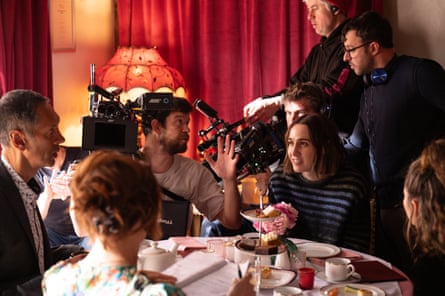
Like her character, the real-life Sadler comes across as thoughtful and amenable – but doesn’t share her fictional alter ego’s cartoonish passivity; Josie is people-pleasing to the point of ridiculousness. Davidson, meanwhile, tells me she identifies with Billie’s “obsession with attention”, which her character often attracts via aggro melodrama. In person, she is mischievously irreverent but far more laid-back than Billie, who also works in the bleak world of children’s entertainment (an opportunity for many strikingly incongruous costume choices; in one episode she arrives at an abortion clinic dressed as a witch).
Series one of Such Brave Girls covered Josie’s attempts to get a girlfriend while blocking out the constant presence of her clammy, cockroach-like boyfriend Seb (Freddie Meredith), while Billie pursued her noncommittal “soulmate” Nicky (Sam Buchanan) with unhinged devotion. In the final episode, the pair attend their paternal grandmother’s funeral, hoping to confront their father, who popped out for teabags a decade ago and never came back. (When I tell Sadler I’d presumed that bit hadn’t actually happened, she replies: “No, not teabags.”) If series one was the long-awaited debut – into which Sadler could channel all the rich raw material she had accrued over her lifetime – series two is the difficult second album, requiring less literal truth and more imagination.
Sadler initially didn’t let herself think about a follow-up – it would have been “too heartbreaking” if it hadn’t been recommissioned (“Like: what do I do with all these thoughts?!”). The writing process was daunting and exhausting. “I have gone loopy. Lizzie’s had to do a lot of mental health work on me this year to keep me going,” says Sadler. “A lot of phone calls, a lot of day trips, a lot of shopping,” nods Davidson. A breakthrough came when Sadler decided to turn up the intensity: the money aspect is “more stressful, the house is more cramped – everybody’s stuck”. Her north star was a determination “to make everyone’s lives worse”. I can confirm that series two is Such Brave Girls “squared”, as Brealey puts it: all the women’s romantic, financial and existential problems remain but intensified to nightmarish proportions.
Sadler also decided to make a list of hot-button topics to weave into the script: “stuff that had been annoying me in the news or a concept I’d seen people get irritated about online. Then I’d think: how would our characters deal with that?” The answer, usually, is in the most unenlightened way possible: in series one, depression is an irritant, not conforming to beauty standards is “selfish”, therapists are cashing in on other people’s misery, trauma is a turn-on, sex is just something to “get through”, and suicide is used as emotional blackmail. Series two, meanwhile, mercilessly satirises the idea of contented singledom, and puts uproariously novel spins on age-gap affairs and coercive control.
This is one of the secrets of Such Brave Girls’ success: it combines contemporary relevance – the show is essentially about a depressed woman grappling with her sexuality – with an utter lack of compassion and empathy. Yet while the show rebels against the sanctimony that has plagued modern comedy, it doesn’t hark back to old-school political incorrectness. The jokes about Josie’s exponentially serious mental health issues do not punch down because they closely mimic Sadler’s own experiences. “If you lived it, if it has truth, you can get away with anything,” she says.
Still, in a landscape of warm, big-hearted, issue-led comedy, Such Brave Girls feels deliciously risque. For series two, Sadler was focused on “how nefarious we can make our characters” and “who else we can annoy with our show”. “How much offence we can cause,” adds Brealey. Does Sadler think the show caused offence? “I don’t really look online at that stuff,” she says, brow furrowed.
If she had, she wouldn’t have found much pushback. Such Brave Girls has achieved a rare feat: a not safe, not nice and genuinely boundary-pushing sitcom that hasn’t caused any discernible upset. Which, for a criticism junkie like Sadler, might not be the news she was hoping for.
Series two of Such Brave Girls airs on 3 July on BBC Three and iPlayer.
The charity Mind is available on 0300 123 3393 and Childline on 0800 1111. In the US, call or text Mental Health America at 988 or chat 988lifeline.org. In Australia, support is available at Beyond Blue on 1300 22 4636, Lifeline on 13 11 14, and at MensLine on 1300 789 978

 9 hours ago
7
9 hours ago
7


